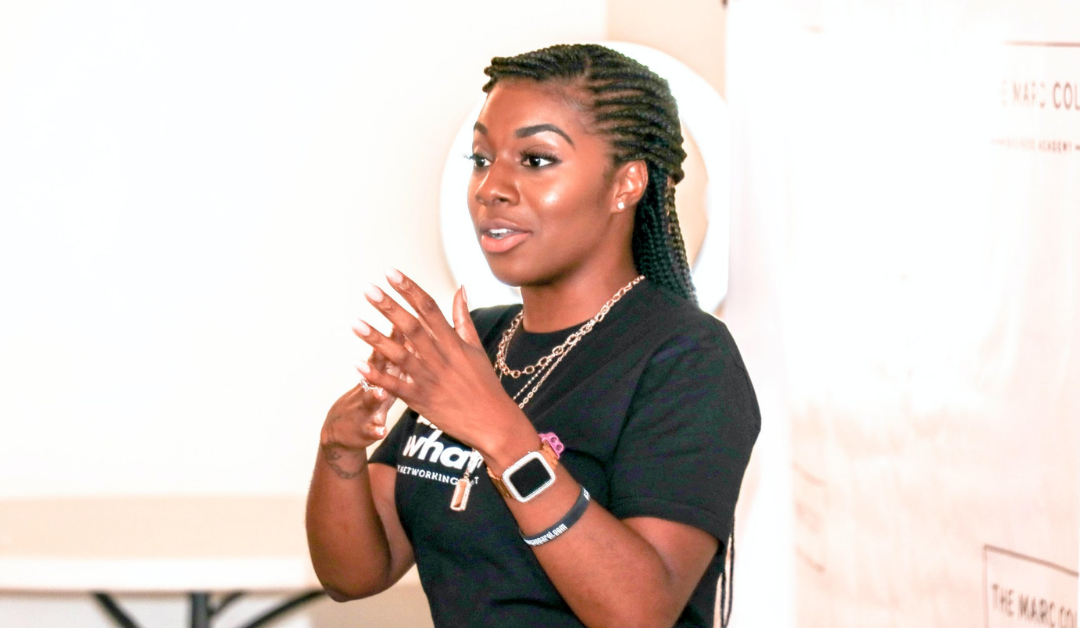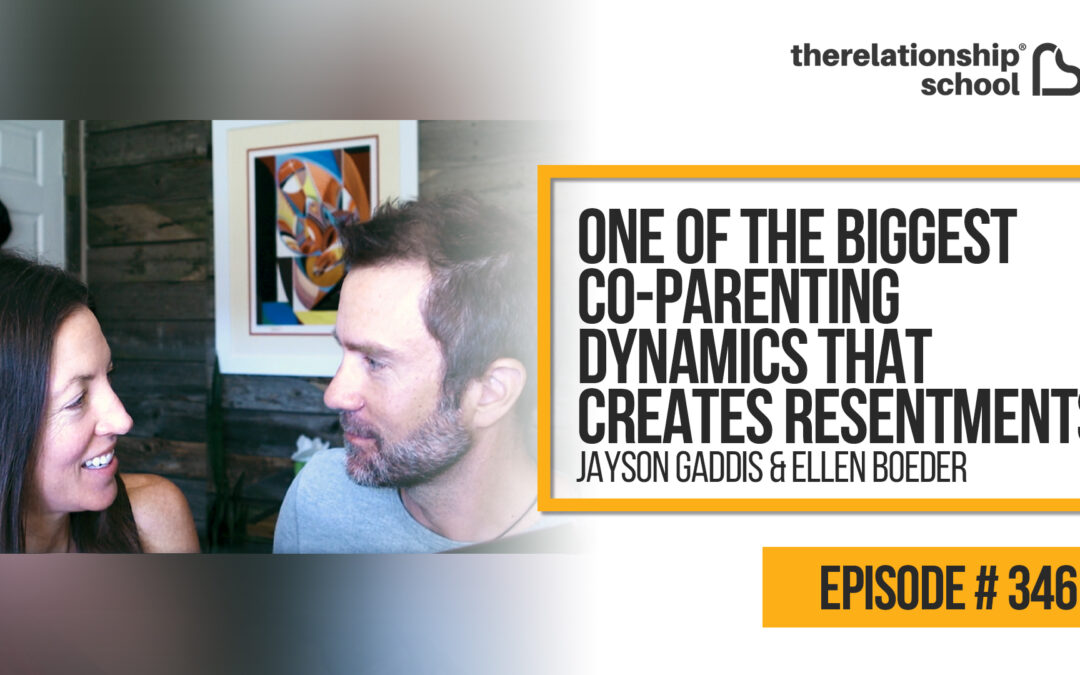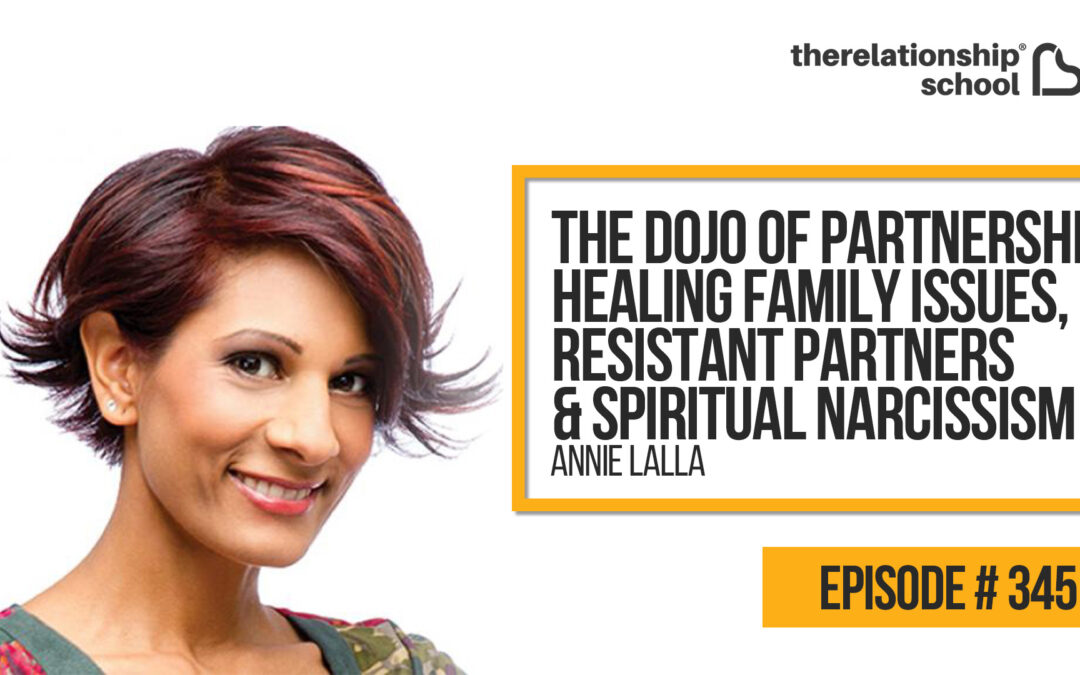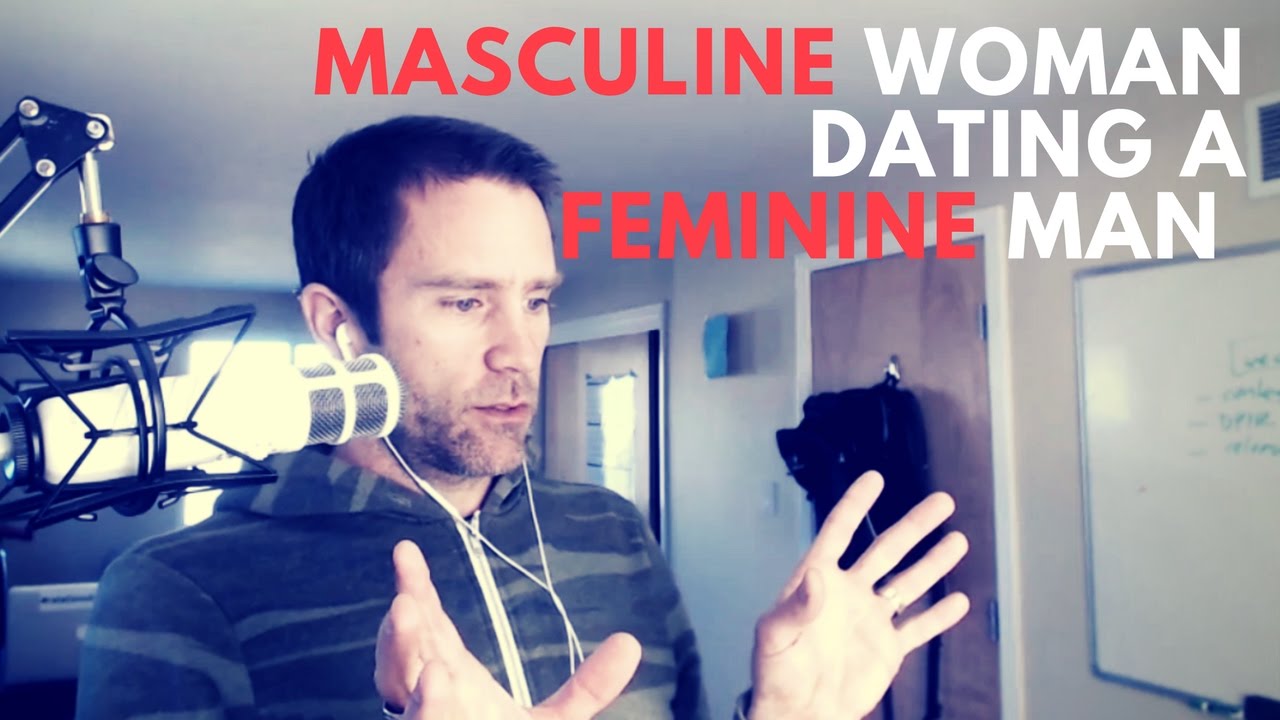During the honeymoon phase of any relationship, we are all very smart. It’s hard to do anything wrong because it all feels so damn good. It’s one big puppy pile and puppy piles are pretty damn easy.
But once the metaphorical beer goggles wear off and you sober up to the reality that your partner is a real pain in the ass, it’s a whole new ball game. And, if you bring your “know-it-all” attitude to the table, you’re pretty much screwed.
So, instead of thinking you know how relationships work this year, let’s assume that you are making at least 5 of these mistakes and that you have something to learn.
Why admit to these mistakes?
By admitting you suck at long-term relationship, you are humble enough to learn a new way. In fact, after reading these mistakes, I’ll give you one, and only one, tip to change turn every single one of these mistakes around.
But first, let’s discuss the most common 9 mistakes you’ve probably made before, and are likely to repeat again, if you don’t get your shit together.
Mistake 1: You never learned
Whenever I teach a relationship class or workshop I ask people to raise their hands if they took a formal class on how to do an intimate relationship. Not one hand goes up.
So, when you don’t learn, you do what you’ve always done, which often doesn’t go that well. Imagine traveling into an unknown wilderness area with no map, no compass, no gear, and no water. If you did that, you’d most certainly die and that’s what happens to your relationships without the tools to go the distance.
You are a sucker for a happy ending, right? But rarely does a relationship go like Hollywood portrays it. You confuse the real work of love with infatuation and expect to stay infatuated and feeling “good” forever. When in reality, like a toke of that good Colorado weed, it just doesn’t last.
Couples who chase a fantasy, get chased by dread until they embrace what a real, raw relationship is actually like. Let’s stop waiting for Prince Charming or Cinderella.
Want a fairy tale ending? Go watch a sappy movie instead.
Mistake 3: Not understanding how relationships actually work.
Most of us have no idea about the secret magic of intimacy.
You don’t get that an adult relationship will re-create some version of your childhood home and that through this process, you can not only heal your past, but you can also become a more empowered, mature adult.
You also don’t understand adult attachment very welLikeIke it or not, your partner becomes your parent and vice versa. Your job is to learn how to play this in a way that creates a really safe and secure foundation, without compromising who you are. This dance is complex and involves two mature adults who will take really good care of each other, just like if you had a hurt little boy or girl in your arms.
Smart couples understand how relationships work and take really good care of each other.
Perhaps the dumbest move on the planet, yet so completely understandable, is to keep trying to get your partner to do life like you do. From loading the dishwasher to managing their money, the seduction is to try to get relief by making your partner conform to your way.
The basic message you send when you are trying to ‘help’ your partner by trying to change them is a message that communicates “I don’t love and accept you as you are,” which of course drives a really big wedge between you two. Want more tension? Try to change them.
Mistake 5: Not working on it like a beast.
Somewhere in the relationship you got complacent and didn’t work on it because you stubbornly think you should already know how. Or you think a good relationship shouldn’t be this hard.
I know, pretty dumb right? But if you think about it, you’ve been sold a bullshit message that a good relationship should just feel good and be easy (back to mistake #1). Remember, if you don’t work on the garden, the weeds take over. But it’s amazing how many people think they know how to garden when they really don’t. Or you expect the crops to give you food without getting your hands dirty in the shit and compost.
Great athletes don’t become great without guidance, coaching and rigorous practice. Why are intimate relationships any different?
The old adage is, “If it ain’t broke, don’t fix it” can work when you are talking about an old Subaru that still runs after 200,000 miles. But do you want to be driving your marriage like an old rusty Subaru? Or do you want to keep up with the ever evolving nature of the technology of our psychology by continually learning what it takes to build an inspired, thriving, nourishing partnership?
Mistake 6: Not being able to work your shit out.
Piggy backing on Mistake 5, is your unwillingness or inability to work out your differences.
Since no one ever formally taught you how to work out a conflict and how to truly understand another person in a way that works for them, you resort to the low hanging fruit of whatever was modeled to you by the people around you as you developed. So whatever you got growing up is what you will orient to and what you will re-create.
Do you really want to resort to the same habitual patterns or do you want to grow up and finally learn how to work through interpersonal challenges in order to reach win-win?
Mistake 7: You don’t know how to be with your triggers.
Building off Mistake 6, when you are incapable of being with your emotional reactivity and sensory overload you feel in your bodies during our fight, flight, freeze response, you say and do, stupid shit. It’s that simple.
It is said that the single biggest reason people get divorced is “arousal dysregulation.” In other words you don’t know how to “be with” your upsetting experience in a mature way when triggered.
Like it or not, relationship success is governed by the central nervous system. If you can’t learn how to work with your own reactivity and your partner’s reactivity, you’re kinda doomed.
Mistake 8: Blame.
We humans can’t help but blame others. It’s just part of our nature and it’s a natural stage of human development. Yet for most of us, we have a hard time growing beyond the blaming stage. And once you settle in for a few years in a committed long-term partnership, you probably struggle to not blame your partner or blame yourself when the relationship challenges arise.
On the other hand, if you choose to grow you learn to own and take responsibility for your mistakes when you hurt your partner’s feelings. This goes a long way. If you can’t escape blame, your ship will sink before you reach the big open water and adventure that awaits.
Mistake 9: Agreeing with your fear.
Fear is part of the territory in an intimate relationship. To deny our fear puts you back in your stubborn-ass-self who makes all the mistakes above. “Afraid? I’m not afraid of intimacy or closeness!” Yeah right. I said that too….
But here’s the deal…
In a long-term relationship there comes a point when you will be scared to be yourself for fear of upsetting your partner. That’s often what happened in your family of origin. You hold back, play nice, and withhold the real truth from your mate. This of course leads to affairs, tension, and huge resentments because you tell yourself such lies as “You’re not letting me be me.”
Instead, work with your fear and learn to lean into it and learn from it. How about going toward whatever you are afraid of instead of playing games or running away?
Okay then, those are the 9, very human, mistakes you will likely repeat unless….
You do one simple thing:
Learn.
That’s right. Be a student. Be willing to learn what you don’t know about having an intimate relationship with another human being. Try taking the class you never got in school. Then let’s see where that takes you. Deal?
Start learning here.



















